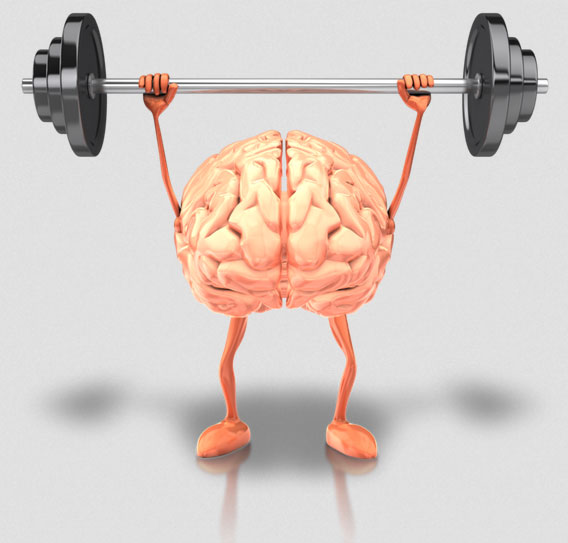We often hear of the importance of exercise in maintaining a healthy lifestyle. In practice, however, we struggle when it comes to joining the gym or eating a healthy meal.
As Muslims, we should have a drive and desire to look after the body, as it is a gift and trust given to us by Allah.
`Abdullah bin `Amr bin Al-`As narrated: Allah’s Messenger (peace be upon him) said, “O `Abdullah! Have I not been informed that you fast all day and stand in prayer all night?” I said, “Yes, O Allah’s Messenger!” He said, “Do not do that. Observe the fast sometimes and break the fast [at other times]; stand up for the prayer [at night] and also sleep. Your body has a right over you, your eyes have a right over you and your wife has a right over you.” Sahih al-Bukhari 5199
It’s easy to forget that a time will come when our body won’t be as strong as it once was. If we don’t take care of ourselves, we may develop health-related issues that affect our ability to live the life we want. Regular exercise comes with a variety of benefits that can keep us active into our later years and can keep us strong for our daily acts of worship.
Healthier Heart
 One hundred fifty minutes of physical activity a week can reduce the risk of coronary heart disease by 35%.
One hundred fifty minutes of physical activity a week can reduce the risk of coronary heart disease by 35%.
Coronary heart disease involves plaque build-up in the blood vessels that feed the heart, obstructing the blood supply and resulting in a heart attack. It kills over seven million people every year. The risk of it happening can be reduced by regular cardiovascular exercise.
With better physical health, a Muslim can more easily conduct their daily prayers, as well as sustain themselves during the smaller and greater pilgrimages (hajj and umrah), which can be difficult for those who are weak.
Less Stress
Exercise leads to the release of a number of natural chemicals, including endorphins, which have been shown to have a significantly positive effect on stress levels and mood.
It also releases norepinephrine, which improves the ability of the brain to manage stress. Exercise can thus clearly have a positive effect on mental health.
Better mental health helps a person appreciate the blessings in their life and thus be grateful towards Allah for them.
Reducing the risk of Osteoporosis
Resistance training and working with weights has been traditionally seen as a male sport to enhance body size. But lifting weights is now also recognized for its benefits in protecting against osteoporosis.
When bone density starts to decrease with age, an individual becomes more prone to fractures and bone pain.
High-intensity resistance training is thought to provide the stimuli required for maintenance and improvement of bone health.
Bone pain can be a big issue for people when praying, particularly making it difficult to go into sujood. By working on strengthening your bones, you are actively trying to protect your body so you can perform this daily ritual.
Prevent Cognitive Decline
Studies have shown aerobic exercise spares age-related loss of brain tissue. This helps to enhance the parts of the brain that control cognition: more active and fitter individuals have better attention spans and quicker responses to their environment.
have shown aerobic exercise spares age-related loss of brain tissue. This helps to enhance the parts of the brain that control cognition: more active and fitter individuals have better attention spans and quicker responses to their environment.
The hippocampus, an important part of the brain for memory and learning, is protected from degeneration by chemicals produced by the brain when exercising. It also helps the hippocampus grow, increasing an individual’s ability to remember facts.
In addition to this, it is also thought that cardiovascular exercise helps develop new brain cells.
As Muslims, this is important because we should aim to constantly seek knowledge and enhance our understanding of the faith. This requires our minds to be sharp and attentive.
Increased Energy
Exercising regularly has a profoundly positive effect on energy levels. The more muscles are trained, the more mitochondria are produced. These are powerhouse of the cell that produce energy.
This makes it easier for an individual to rise from bed to pray fajr, conduct extra acts of worship and fast.
